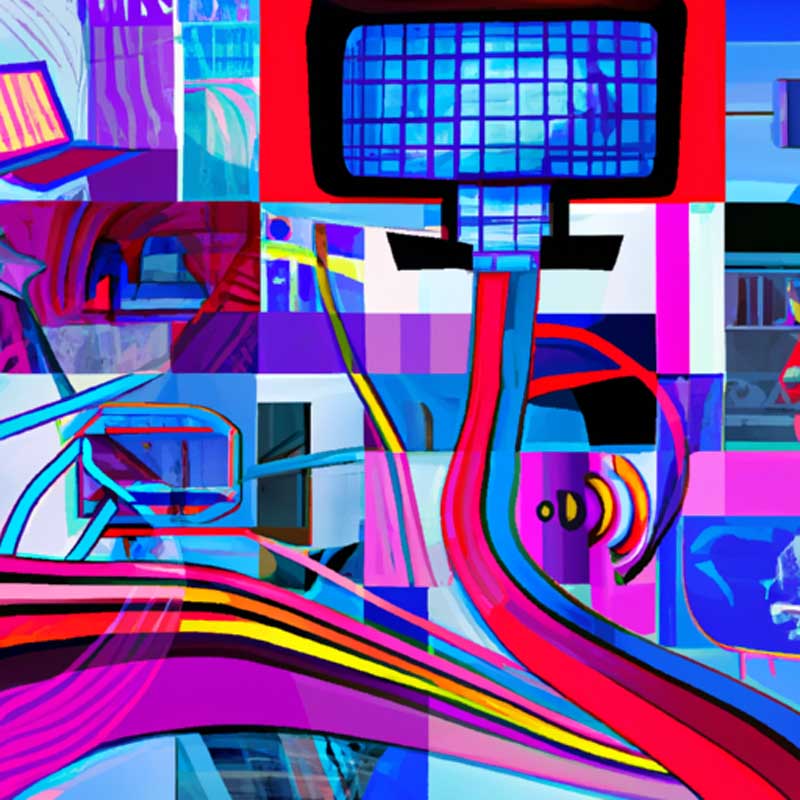TLDR: AI speech clone is so real that makers say its ‘potential risks’ could prove too dangerous
Key points:
- Microsoft has unveiled VALL-E 2, an AI text-to-speech program that is incredibly realistic.
- The program is so advanced that it can clone voices at a human level of believability.
Researchers at Microsoft have developed an AI text-to-speech program, VALL-E 2, that has achieved a level of human parity in speech generation. The program is crystal clear, even for complex sentences, and can replicate a voice after hearing just three seconds of audio. While the technology has potential benefits in medical and social applications, such as aiding individuals with speech disabilities, there are concerns about its misuse, particularly in voice spoofing scenarios. Due to these risks, Microsoft has decided not to make VALL-E 2 available to the public at this time. Voice spoofing has become a significant concern, with easy access to AI tools enabling malicious actors to impersonate individuals for nefarious purposes. Families and individuals are advised to create verbal passwords for verification purposes in case of doubt.
